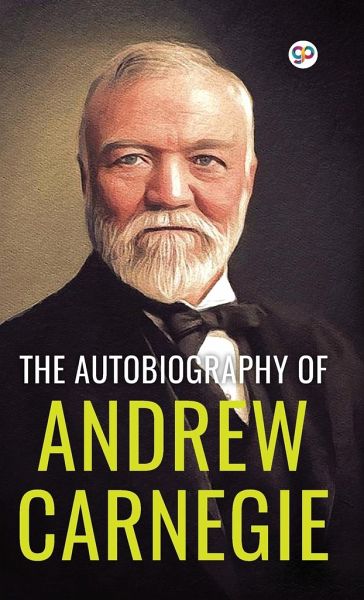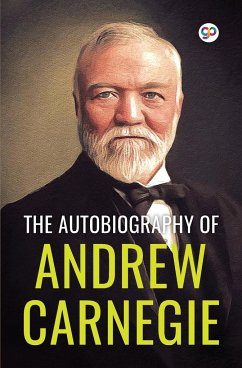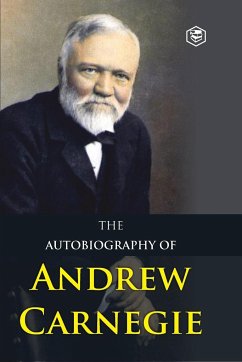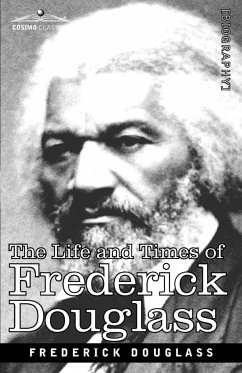
The Autobiography of Andrew Carnegie (Deluxe Library Edition)
Versandkostenfrei!
Versandfertig in 1-2 Wochen
29,99 €
inkl. MwSt.
Weitere Ausgaben:

PAYBACK Punkte
15 °P sammeln!
Written in 1919 and published posthumously in 1920, 'The Autobiography of Andrew Carnegie' is a very well-written and intriguing history of one of the most affluent men in the United States, a leading industrialist of the 19th and 20th centuries, Andrew Carnegie, who was one of America's most triumphant and charitable businessmen. Carnegie's famous dictum, that he who dies rich dies disgraced, has inspired a generation of twenty-first-century philanthropists to follow in his footsteps and put their money towards philanthropic causes. He had an unwavering belief in distributing wealth for good,...
Written in 1919 and published posthumously in 1920, 'The Autobiography of Andrew Carnegie' is a very well-written and intriguing history of one of the most affluent men in the United States, a leading industrialist of the 19th and 20th centuries, Andrew Carnegie, who was one of America's most triumphant and charitable businessmen. Carnegie's famous dictum, that he who dies rich dies disgraced, has inspired a generation of twenty-first-century philanthropists to follow in his footsteps and put their money towards philanthropic causes. He had an unwavering belief in distributing wealth for good, and systematically and deliberately gave away the bulk of his riches throughout his lifetime. The Autobiography conveys his rise to power, from ignoble beginnings in Scotland to controlling the biggest steel empire in the history of the United States. Carnegie lays down the blueprint for success, with plenty of inspiring life lessons, while also giving unique first-hand impressions of burgeoning 19th-century America.













